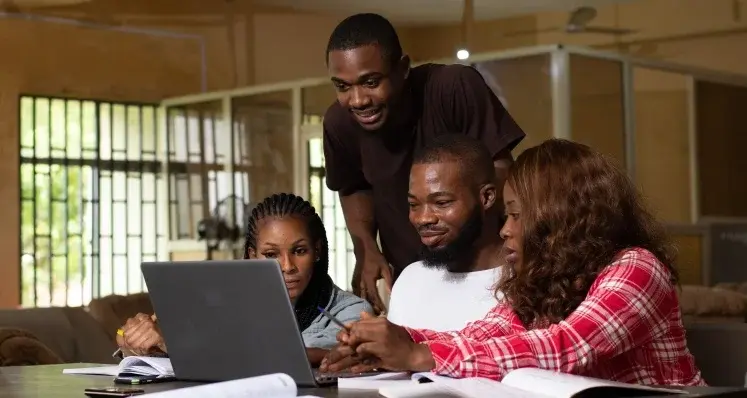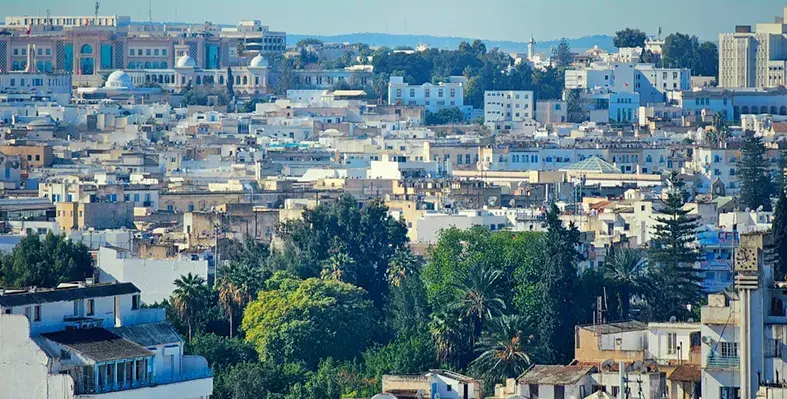Facebook investments in infrastructure and connectivity across Africa will deliver more than US$57bn in economic benefits over the next five years, according to a report.
This finding is revealed from The Impact of Facebook’s Connectivity Initiatives in sub-Saharan Africa, a study conducted by Analysys Mason.
More than 800mn people in sub-Saharan Africa are unconnected to the Internet, according to The Economist Intelligence Unit-Inclusive Internet Index 2020.
Over the years, Facebook has been investing in infrastructure and partnerships to address connectivity barriers such as lack of infrastructure availability, affordability, relevance, and online readiness.
Facebook’s infrastructure investments and connectivity initiatives include submarine cables and edge networks (US$53bn), backhaul fibre (US$4bn) and Express Wi-Fi, which aim to provide financial and technical inputs that can make infrastructure easier and cheaper to deploy across the continent.
Facebook also supports mobile operators through facilitation initiatives such as Wi-Fi, partnerships for rural access and Telecom Infra Project (TIP).
Some of the economic advantages include enhancing the ability of operators to extend broad network coverage, thus allowing more people to go online. These increases in take-up and internet traffic mean that people are more capable of interacting with each other, trading online and perform online transactions.
All these activities create benefits for individuals and wider economic and social benefits through improved health and welfare outcomes, skills and education, job creation and productivity.
Kojo Boakye, Facebook’s Africa Public Policy director, commented, “Over the last three years we have heavily invested in infrastructure and connectivity initiatives that aim to affordably connect people on this continent and create tangible social-economic benefits.
“These efforts are part of a complex solution that requires all stakeholders - including mobile operators, infrastructure providers and governments - to work together for the common good. We are only one per cent finished and remain committed to this exciting journey and working with all our partners along the way.”





















